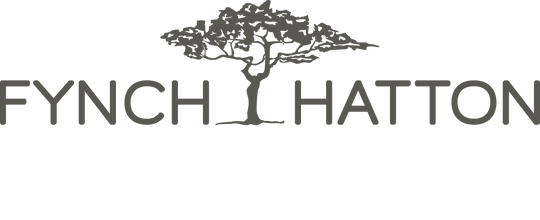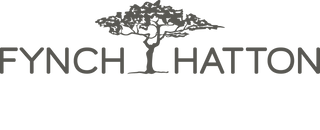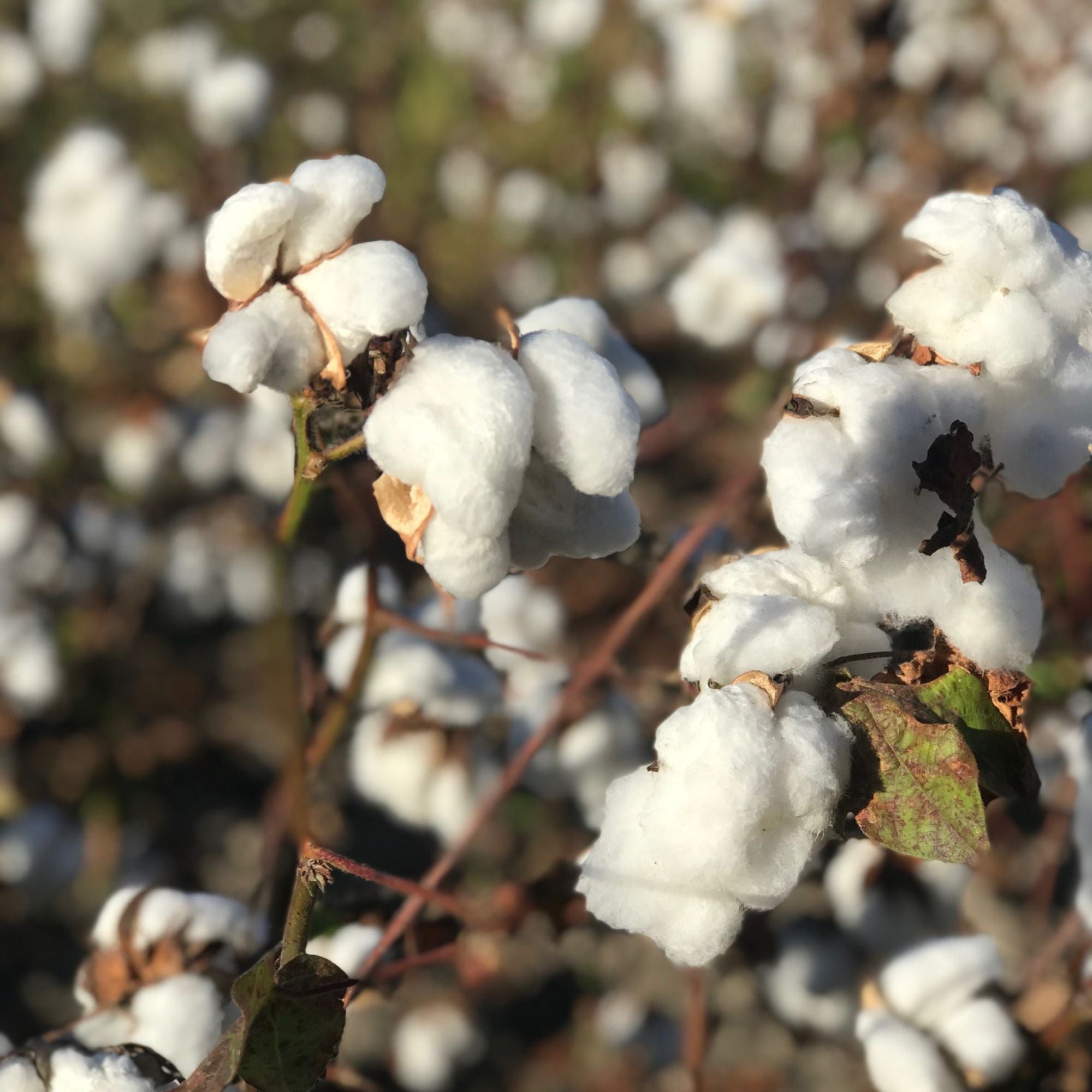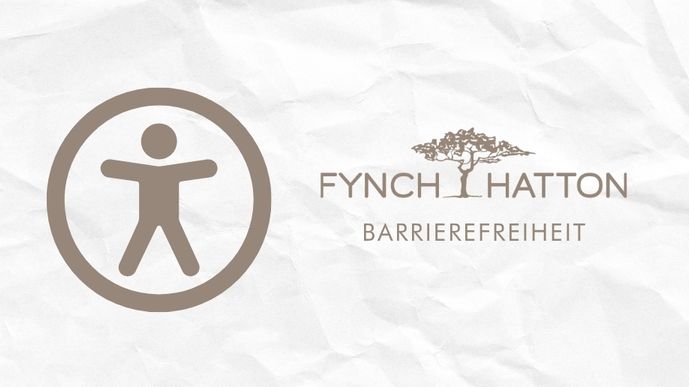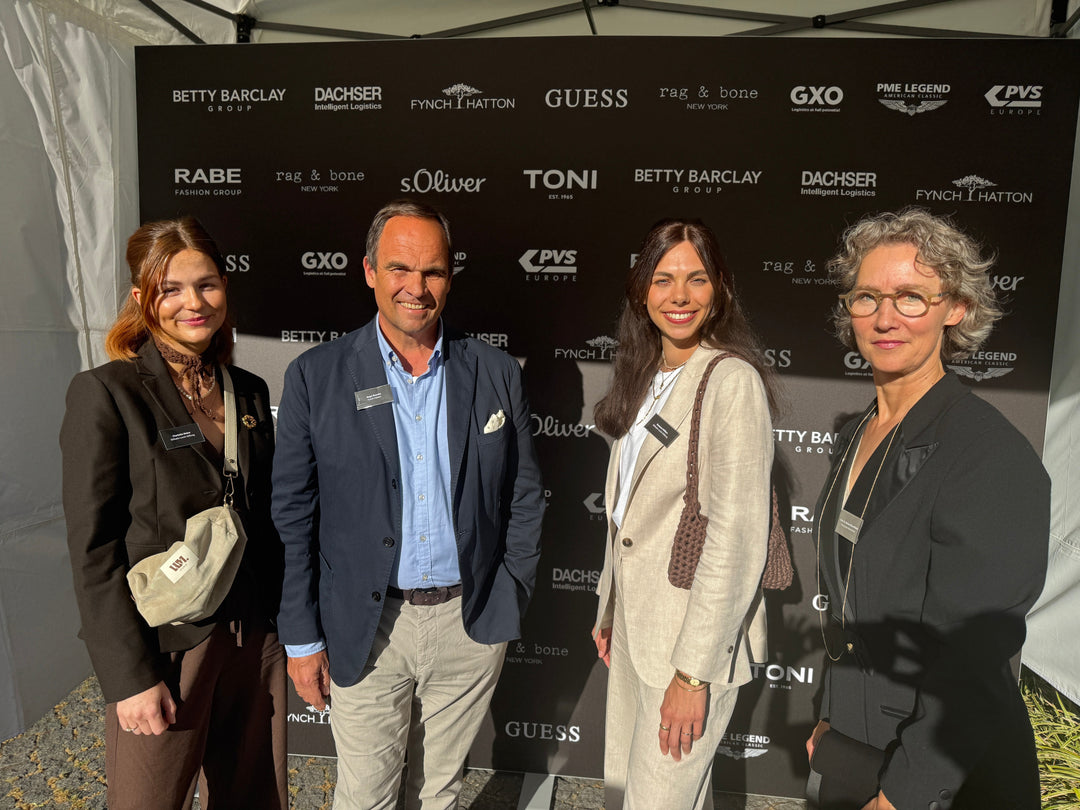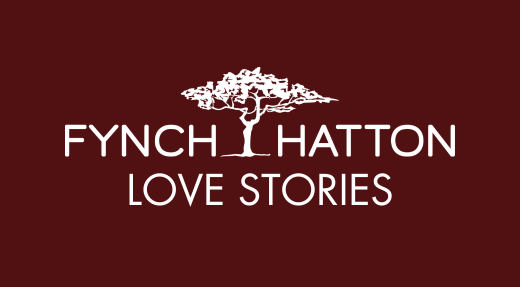It starts with the choices we make
This applies not only to our fashion and lifestyle products, but also to the way of manufacturing.
Sustainable action is therefore an essential part of our corporate strategy. Because as Family business Let us think in generations and are aware of our responsibility. We understand Sustainability as interaction of responsibility, reliability and durability - This has been shaped by our entrepreneurial action since 1998. Since our company was founded, the Umbrella As a logo of our brand for our Connection to the environment and for responsible action.
For some years now, the textile industry, as well as many other areas, has been in change in terms of occupational safety, human rights and sustainability. These are areas that industry primarily employ and have led to new legislation and guidelines. This positive change is also taken up at Fynch-Hatton and implemented in the supply chain and on the product.
The topic of sustainability is constantly changing. For this reason, we at Fynch-Hatton steadily see ourselves as a duty to implement this change in our area. In order to ensure and enable sustainable progress at the product level, we already pay attention to sustainable features when choosing our materials.
Responsible Wool standard for wool (RWS)
The responsible wool standard of textile Exchange refers to the certification of sustainable wool in the end product. The standard stands for transparency and traceability along the supply chain. RWS is only wool from the sheep. There are other standards for alpaca, merino or cashmere.
Social norms and criteria are covered by the RWS.
In addition to organizational advantages, the standard refers particularly to animal welfare, mulesing-free scissors of the sheep, an adequate attitude and feeding, as well as to the use of chemicals in the further processing of the raw material to yarn and fabrics. In order to distinguish a piece of clothing with this standard, the article must contain at least 5% certified wool. We only use RWS-certified wool for our products. These products are marked with the standard.
According to the RWS standard, we are verified by Ecocert Greenlife S.A.S. With the certification number: TE-00286289
You can find out more about the responsible Wool Standard here
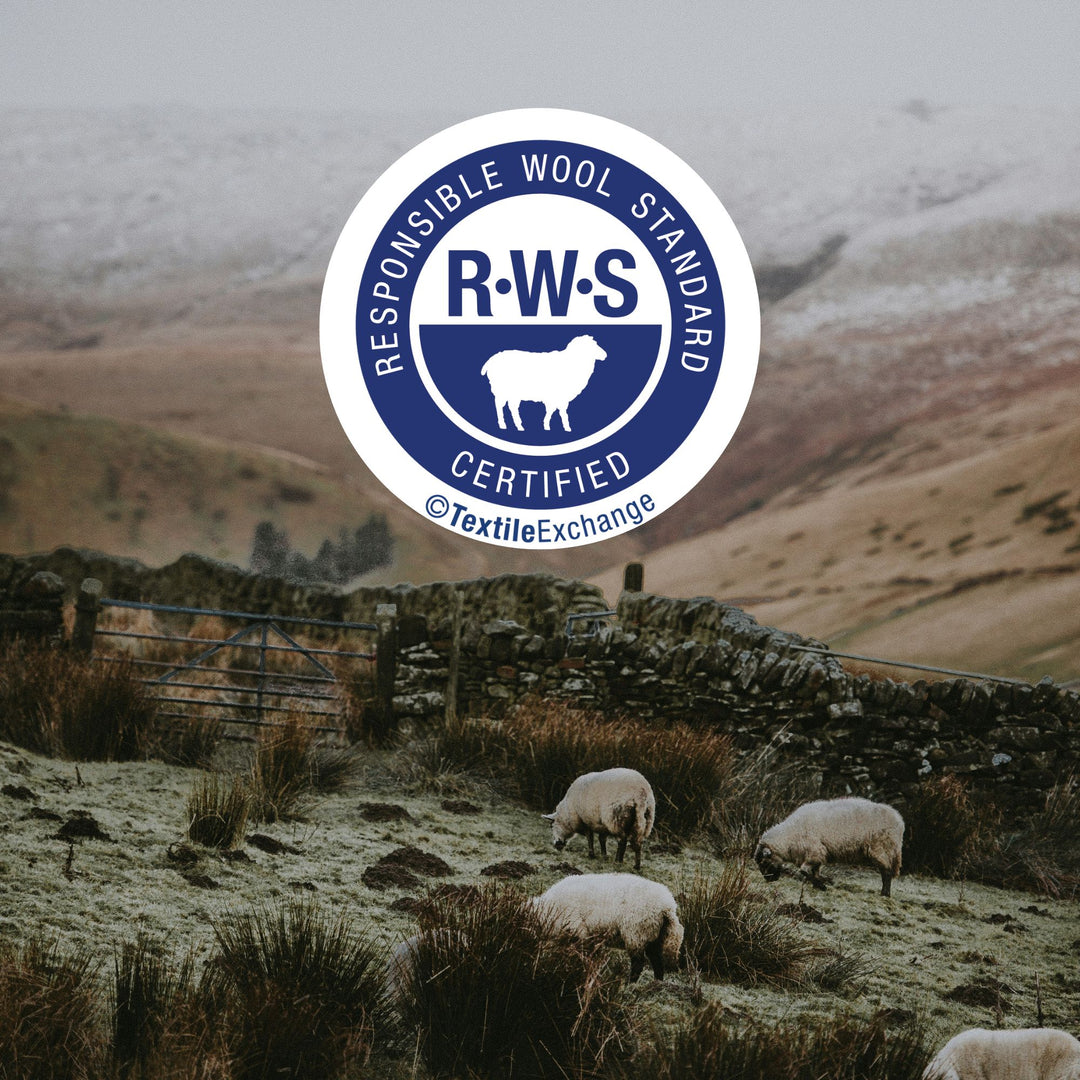
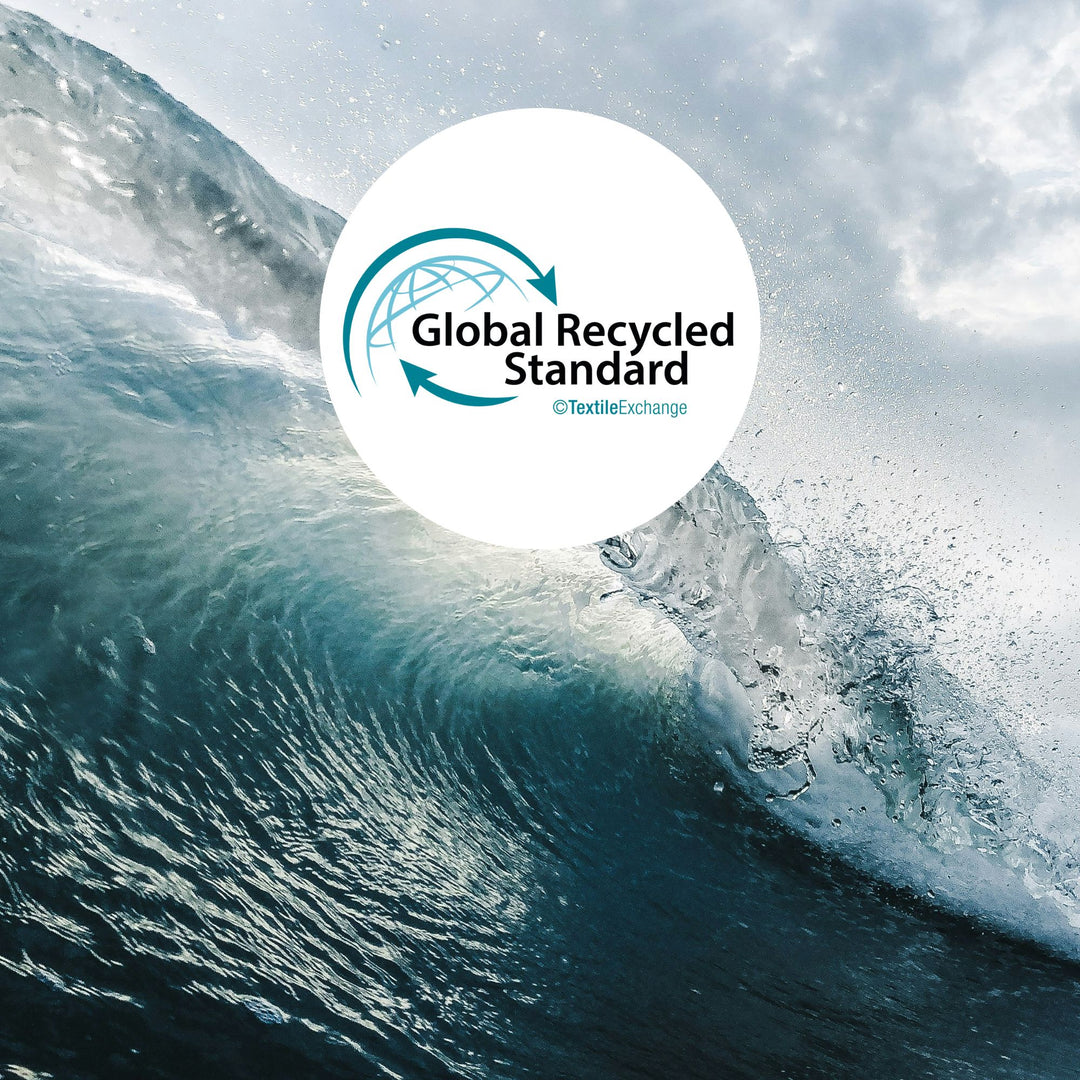
Global recycled standard for recycled materials (GRS)
The Global Recycled Standard of Textile Exchange is used, such as responsible Wool Standard at a product -related level. The standard also stands for transparency along the value chain with a stronger focus on the use of chemicals during production and in the finished textile.
Social norms and criteria are covered by the GRS.
In order to distinguish an article with this standard, it must contain at least 20% recycled material. Articles that have a recycled share of more than 50% bear the logo of the standard in the form of a label on the garment.
We use GRS-certified synthetic materials for our outdoor products. These products are marked with the standard logo.
According to the RWS standard, we are certified by Ecocert Greenlife S.A.S. With the certification number: TE-00286289
You can find more about the global recycled standard here.
The Good Cashmere Standard BY ABTF® for Kashmir
As already mentioned for the RWS, we work with certified textile material origin. All products that contain Kashmir are certified according to The Good Cashmere Standard BY ABTF®. This standard promotes the well -being of the goats and focuses special on animal welfare. He is based on the so -called five domains, developed by Mellor and Reid: nutrition, environment, health, behavior and mental condition. In addition, the GCS is based on three central principles: the promotion of animal welfare in cashmere production, the support of cashmere goat owners and the protection of the environment.
In this context, it is the responsibility of farmers to protect biodiversity and the soil on which the goats are held. In return, the GCS regulates social aspects such as the ban on child labor, correct payment and occupational safety. This is an important aspect for Fynch-Hatton.
You can find more on the subject here.
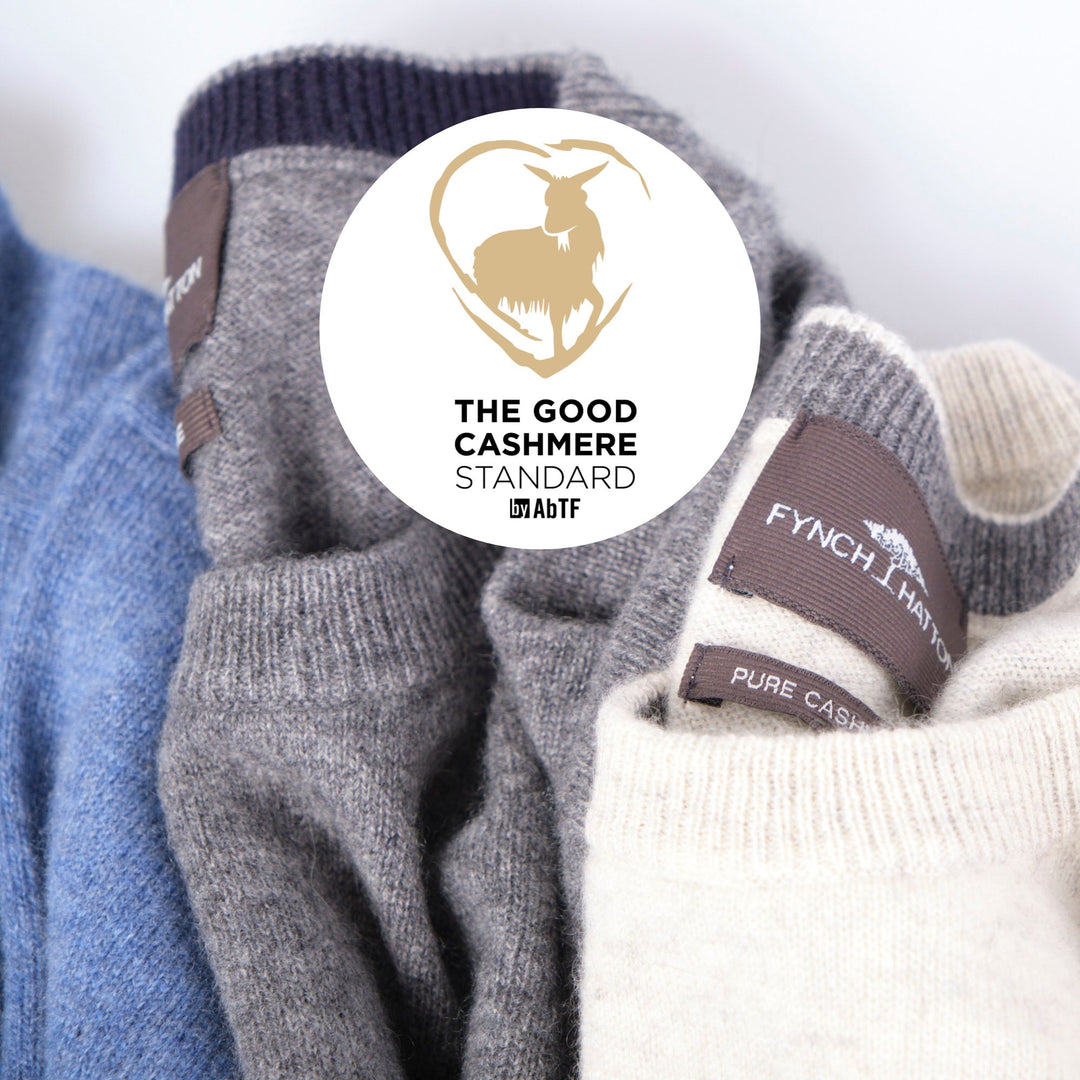
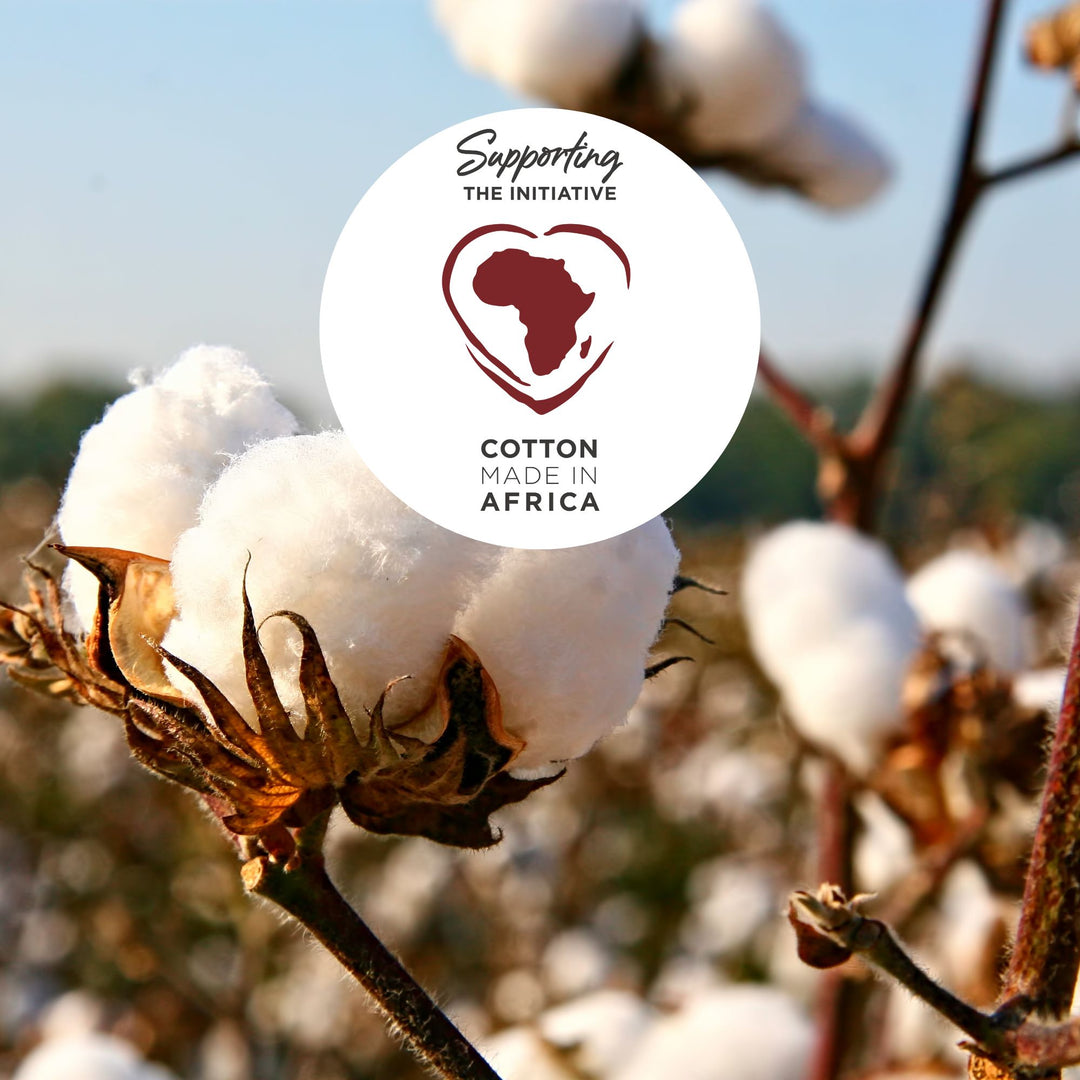
Cotton Made in Africa by Abtf® for cotton
We use Cotton Made in Africa® cotton for the majority of our products with cotton content.
As the initiative of the AID by Trade Foundation, Cotton Made in Africa® is one of the world's leading standards for the sustainable production of cotton. Cotton Made in Africa® is committed to better working and living conditions in small builders and for workers in the decorative factories. CMIA takes into account ecological, social and sustainable aspects.
The cotton companies involved in Cotton Made in Africa® are conducting agricultural and business training for small builders involved. The knowledge acquired enables farmers to grow cotton both more efficiently and more environmentally friendly and to conduct their businesses sustainably and profit -oriented.
Fynch-Hatton buys cmia cotton according to the measure-balance principle. This means that CMIA cotton cannot be traced back to the garment and is mixed with non -certified cotton. You can find more information on this procedure and the standard here.
Better Cotton Initiative for Cotton
The Better Cotton Initiative campaigned for the production of sustainable cotton. The focus is on seven different principles. These are crop protection, water, soil quality, biodiversity, fiber quality, decent working conditions and management systems.
These seven principles help farmers to grow cotton in a way that is more advantageous for them as well as for the environment and their social environment.
Better Cotton is procured via a Chain-of Custody model, which is referred to as a mass balance. This means that Better Cotton cannot be physically traced back to the end product. The Better Cotton Farmer benefit from the demand for Better Cotton in the same proportion as the cotton quantities we covered. You can find more information on this procedure and the standard here.
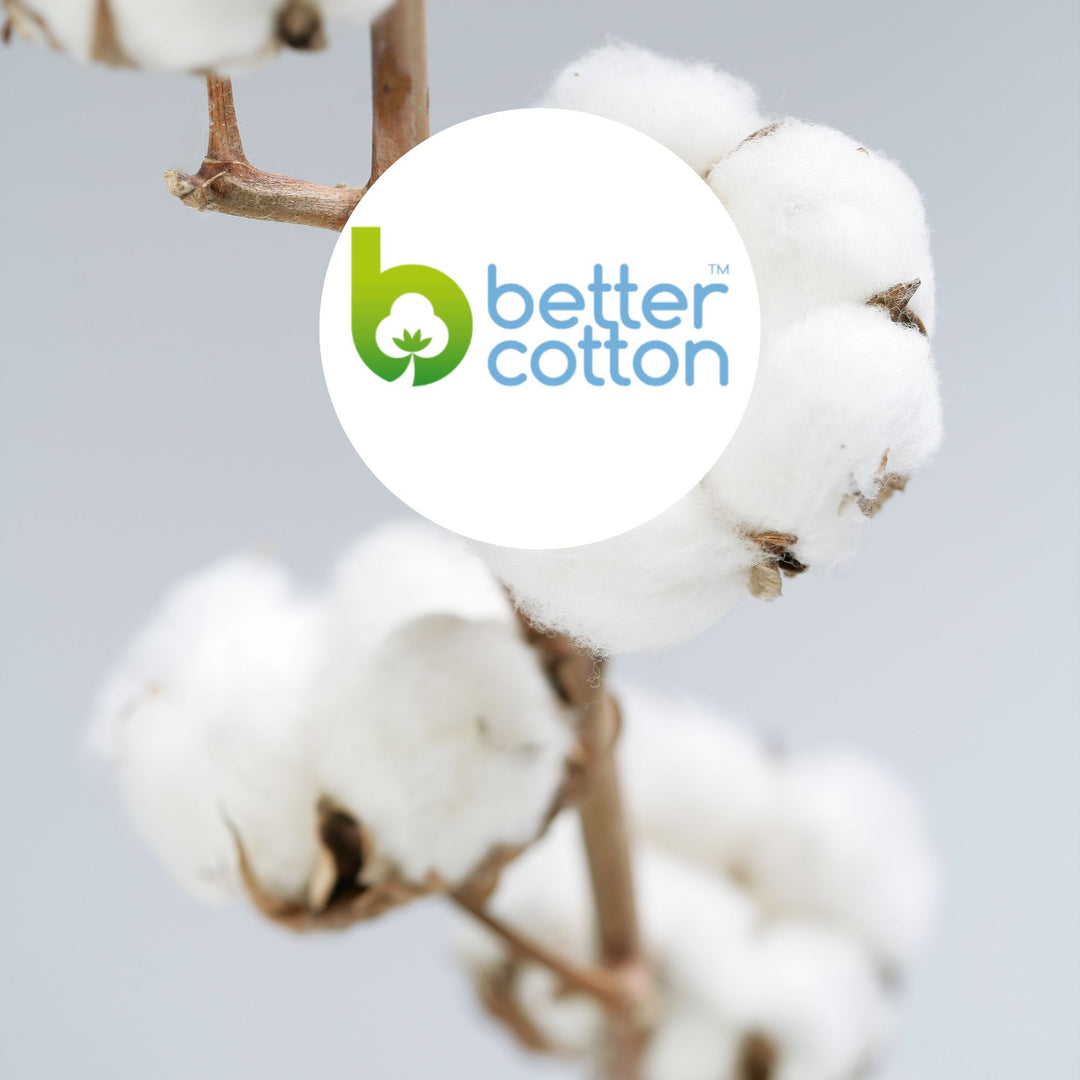
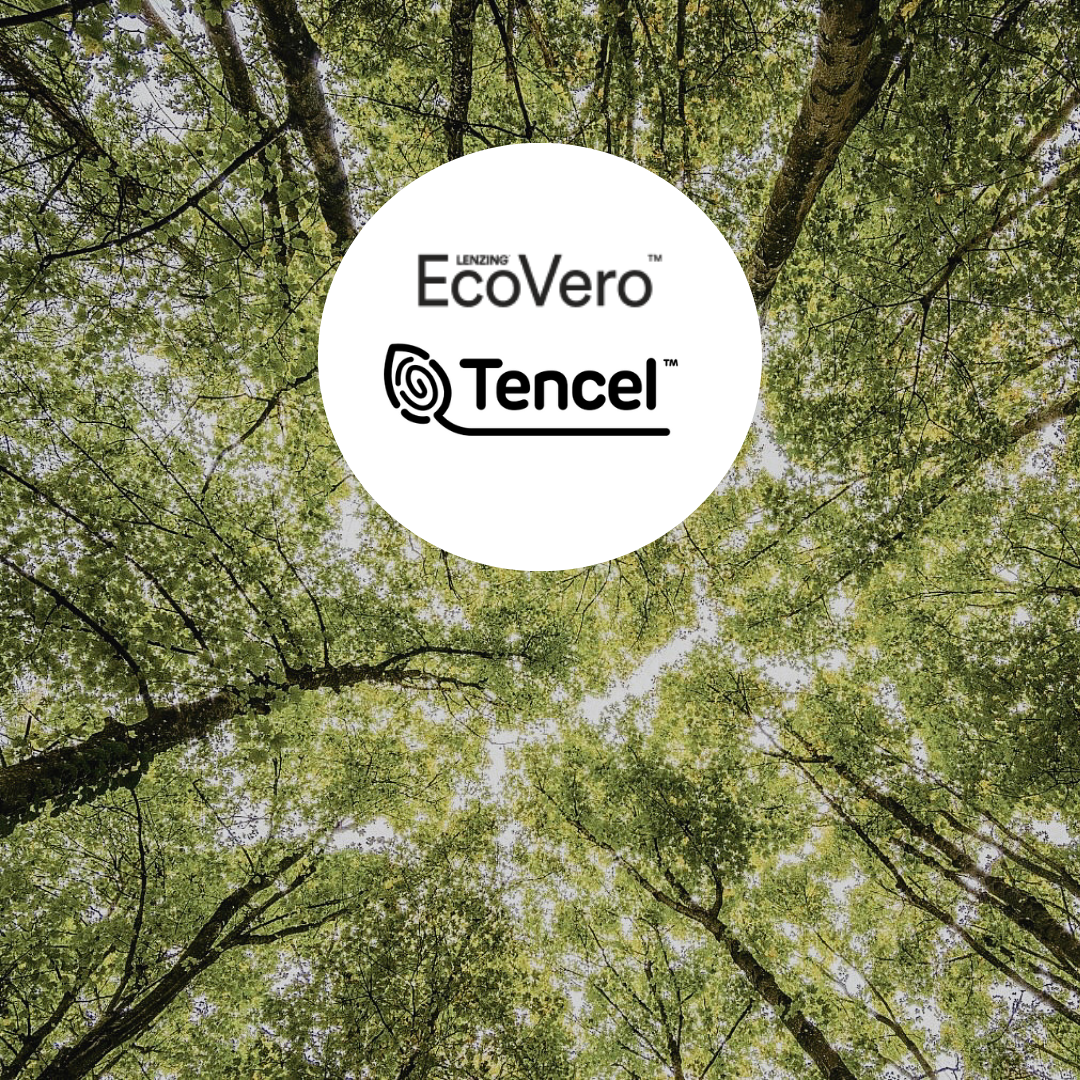
Tencel ™ and Lenzing ™ Ecovero ™ from Lenzing
Tencel ™ Lyocell fibers are obtained from the natural raw material wood and manufactured in a highly resource-efficient circulatory process*. The fibers give fabrics a natural softness, which makes them feel comfortable on the skin. We use Tencel ™ Lyocell in our women's clothing and attach great importance to a high -quality product.
We also use Lenzing ™ Ecovero ™ viscose. The fibers are produced with at least 50% fewer carbon emissions and water consumption compared to conventional viscose **. Lenzing ™ Ecovero ™ fibers are obtained from the natural raw material wood. The wood, which is used as a raw material for all Lenzing ™ Ecovero ™ fibers, comes from controlled or certified origin and fulfills the FSC® or PEFC standards ***. With the use of Lenzing ™ Ecovero ™ viscose, we focus on responsible fashion in women's clothing, which is both fashionable and sustainable. So we can offer our customers a great overall package. Tencel ™, Lenzing ™ and Ecovero ™ are brands of Lenzing AG.
*Savings take into account the solvent recovery.
** Results are based on LCA standards (ISO 14040/44) and are available via Higg MSI (version 3.7).
*** FSC® (FSC-C041246) or PEFC (PEFC/06-33-92) certified.
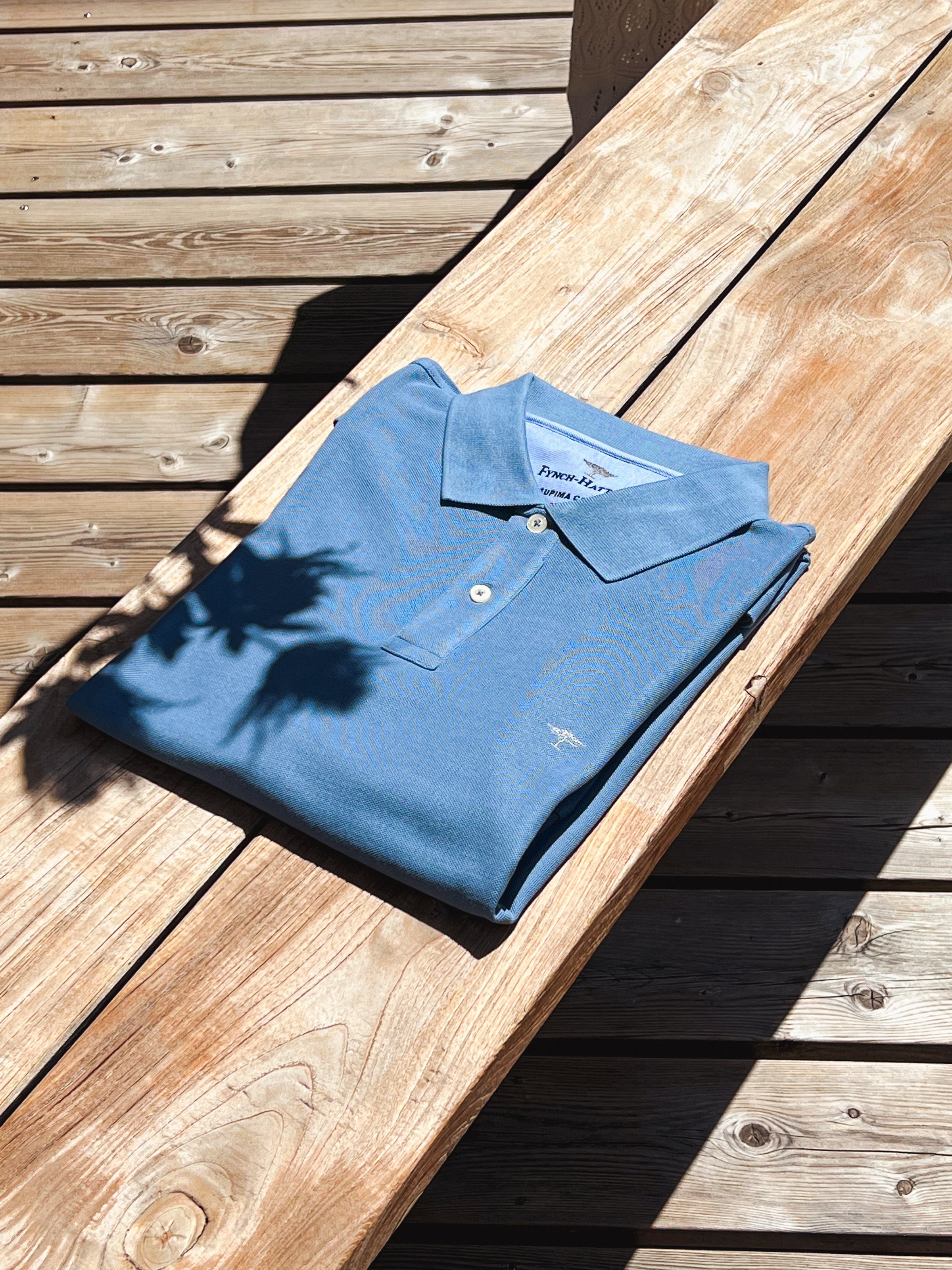
Fynch-Hatton Original
Premium cotton
Our Premium cottonthat we use especially for our Signature Polos is a high -quality cotton type with unique properties. The premium cotton is characterized by its extra long fiber length, which gives the final piece of clothing a particularly soft feel, strength and thus durability and color resistance. The long cotton fiber reduces the pilling effect and makes the fabric and the garment more resistant to tearing and friction.
How you recognize whether your garment is certified by a standard.
Our clothing that contains certified material or for which certified material was purchased are provided with a logo of the standard and additional information.
Social sustainability
In addition to the use of sustainable materials, Fynch-Hatton is particularly important to the well-being of workers in the production countries. Fynch-Hatton is one Amfori BSCI member And thus produces exclusively in production facilities certified by Amfori.
Amfori Bsci is one social sustainability standard. Amfori does not award certificates for individual products, but for the respective production facilities. The certificates are classified from A to E according to a rating system. Fynch-Hatton only accepts ratings from A to C.
Amfori provides its members a number of tools to improve their supply chains. Among other things, this includes a code of conduct that plays an important role in improving supplier contracts. Various areas are illuminated in regular audits and companies receive a ranking on topics such as fair payment, occupational safety, child labor, protection of working and working hours.
With these aids, possible weaknesses can be identified and remedied. Since the Amfori BSCI standard is not applied to the product level, it cannot be seen directly on the garment.
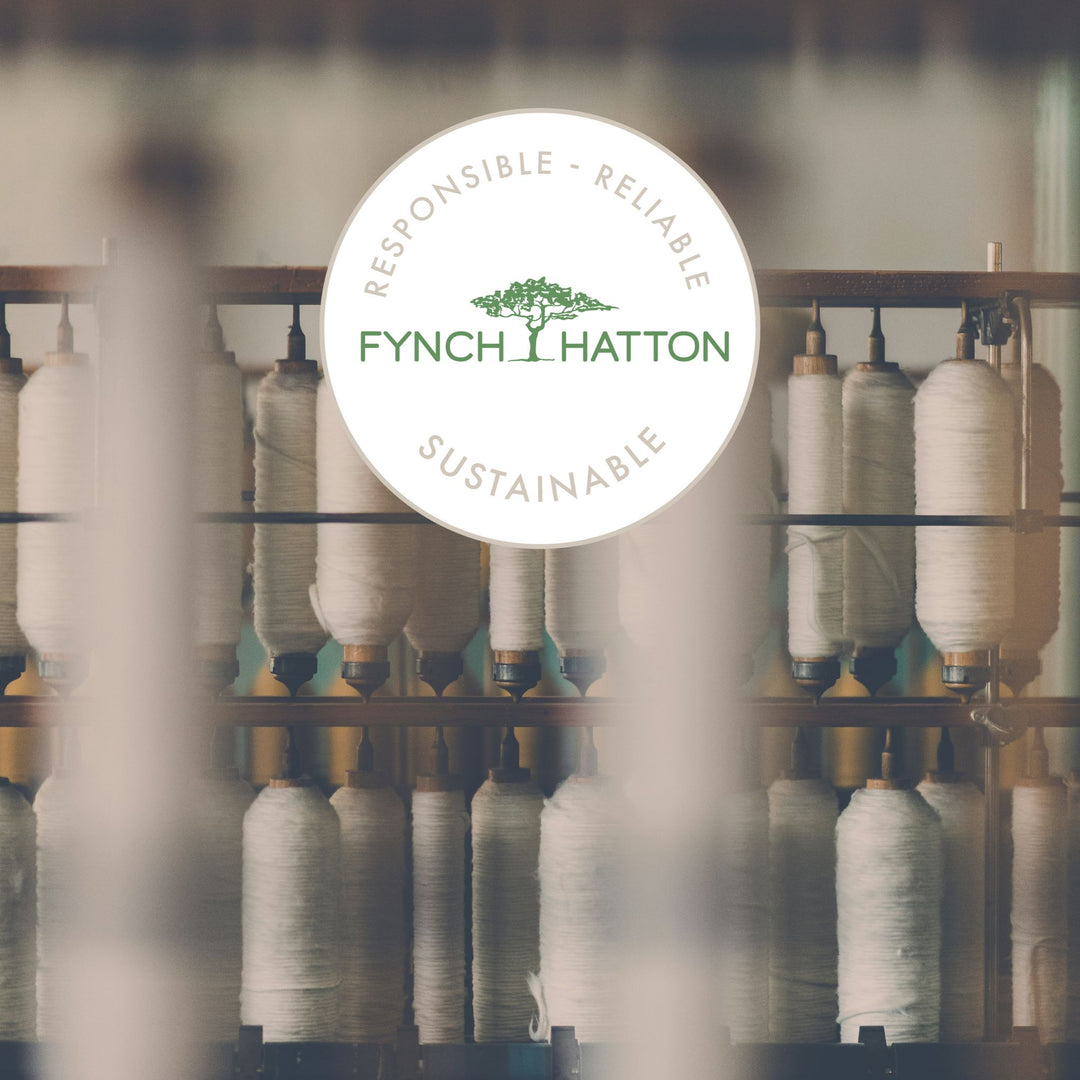
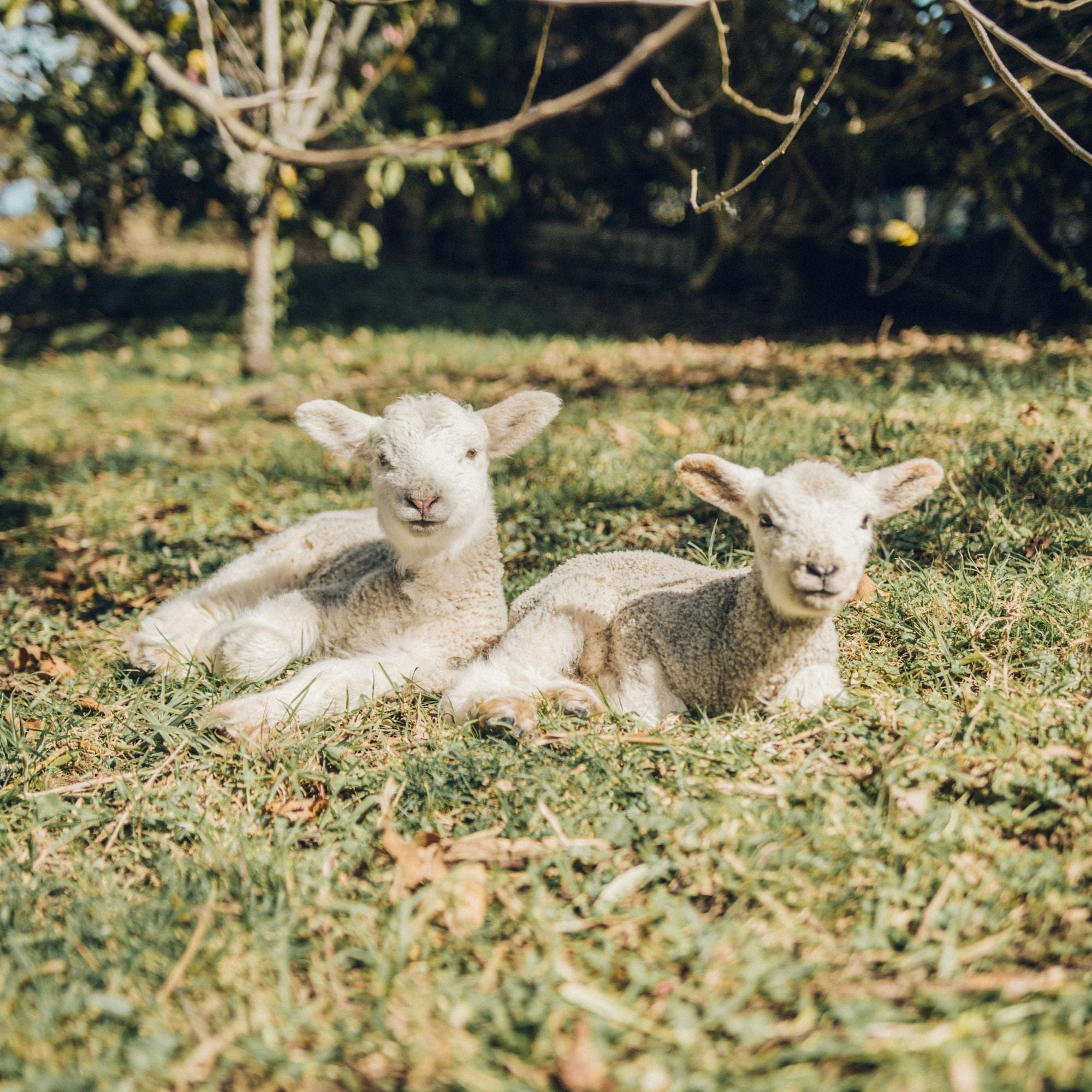
Mulesing free & foregoing real fur and Daune
We work exclusively with animal material that is mulesing free. You can find more information on this practice on the website of Peta.
We do not use real fur and do not work with Angora or Daune. In terms of animal material, fibers are preferred.
